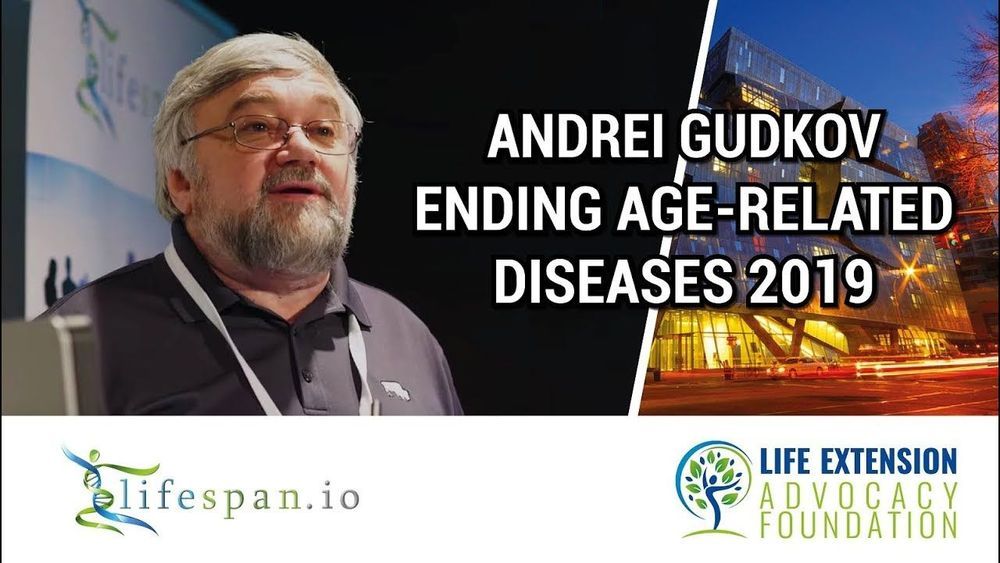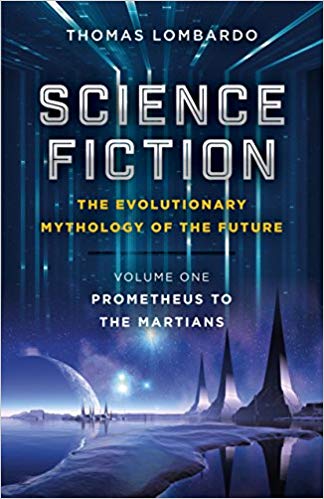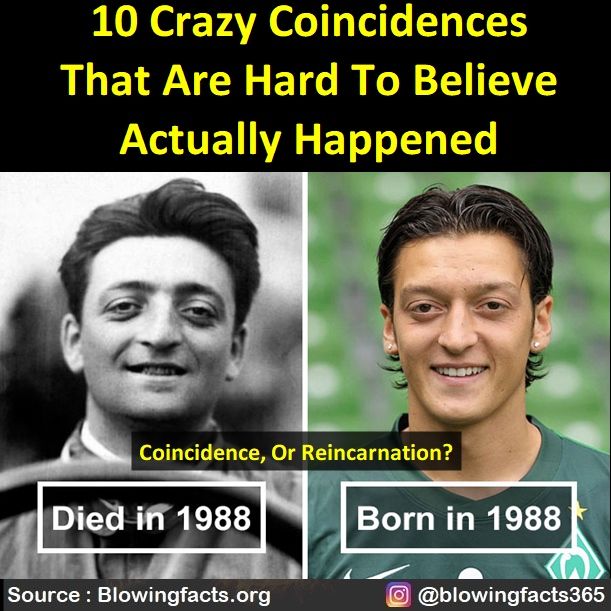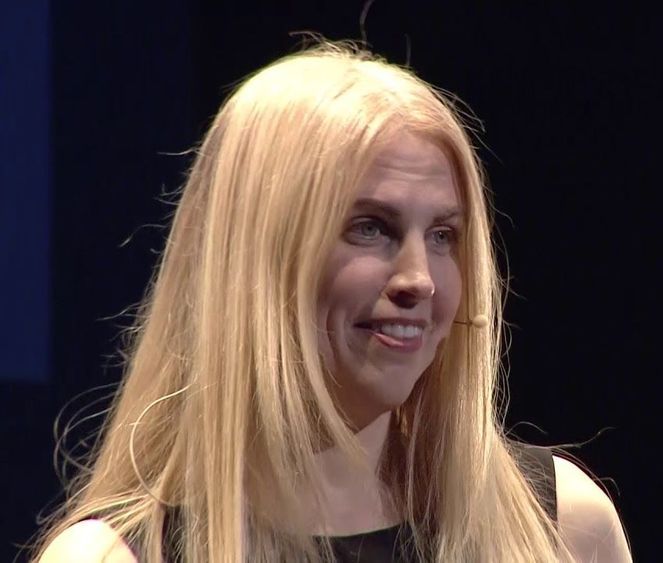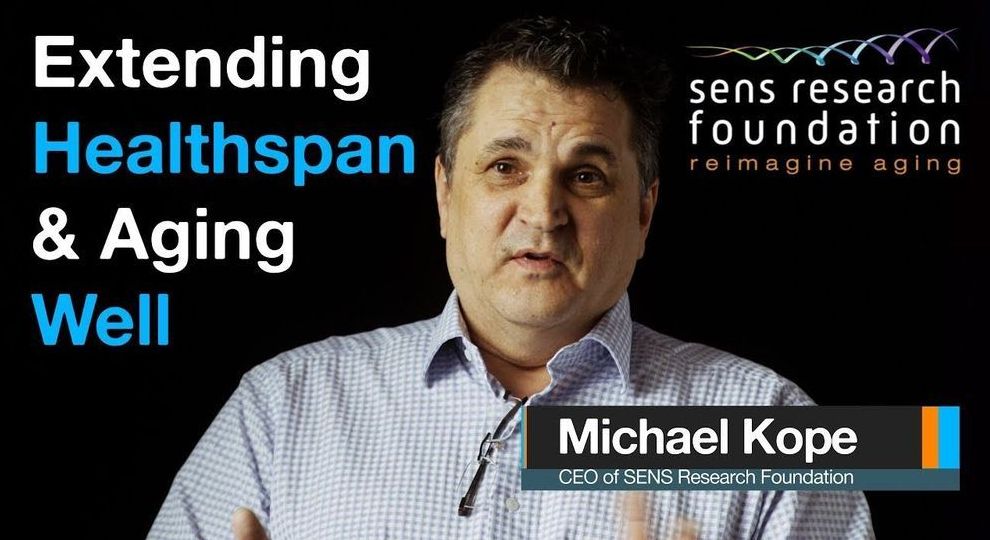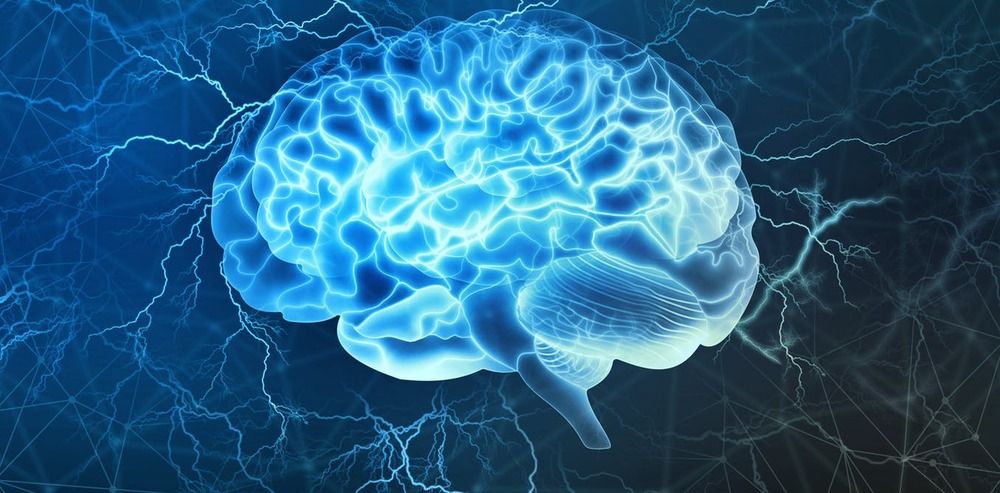Oct 18, 2019
Andrei Gudkov at Ending Age-Related Diseases 2019
Posted by Steve Hill in categories: biotech/medical, genetics, life extension
We’re continuing to release talks from Ending Age-Related Diseases 2019, our highly successful two-day conference that featured talks from leading researchers and investors, bringing them together to discuss the future of aging and rejuvenation biotechnology.
Dr. Andrei Gudkov of the Roswell Park Comprehensive Cancer Center gave a highly technical and in-depth presentation about the retrobiome, a specific subset of genetics that vary between mammalian species, as a key driver of aging. According to this model, as DNA damage accumulates, senescent cells are less efficiently disposed of by the immune system, strongly contributing to the familiar diseases of aging. He also discussed related topics, including how LINE1 (RTL1), a protein that is produced as part of the retrobiome, may be effective against cancer proliferation.
